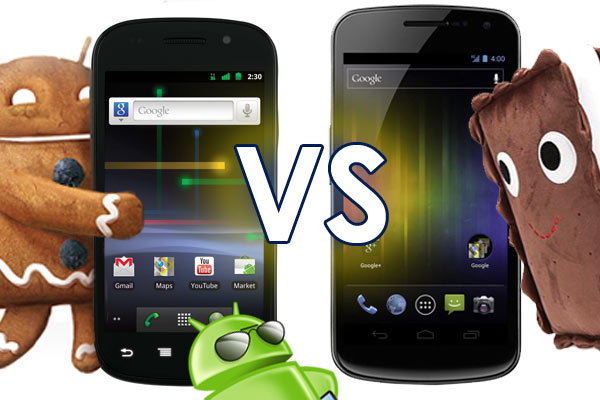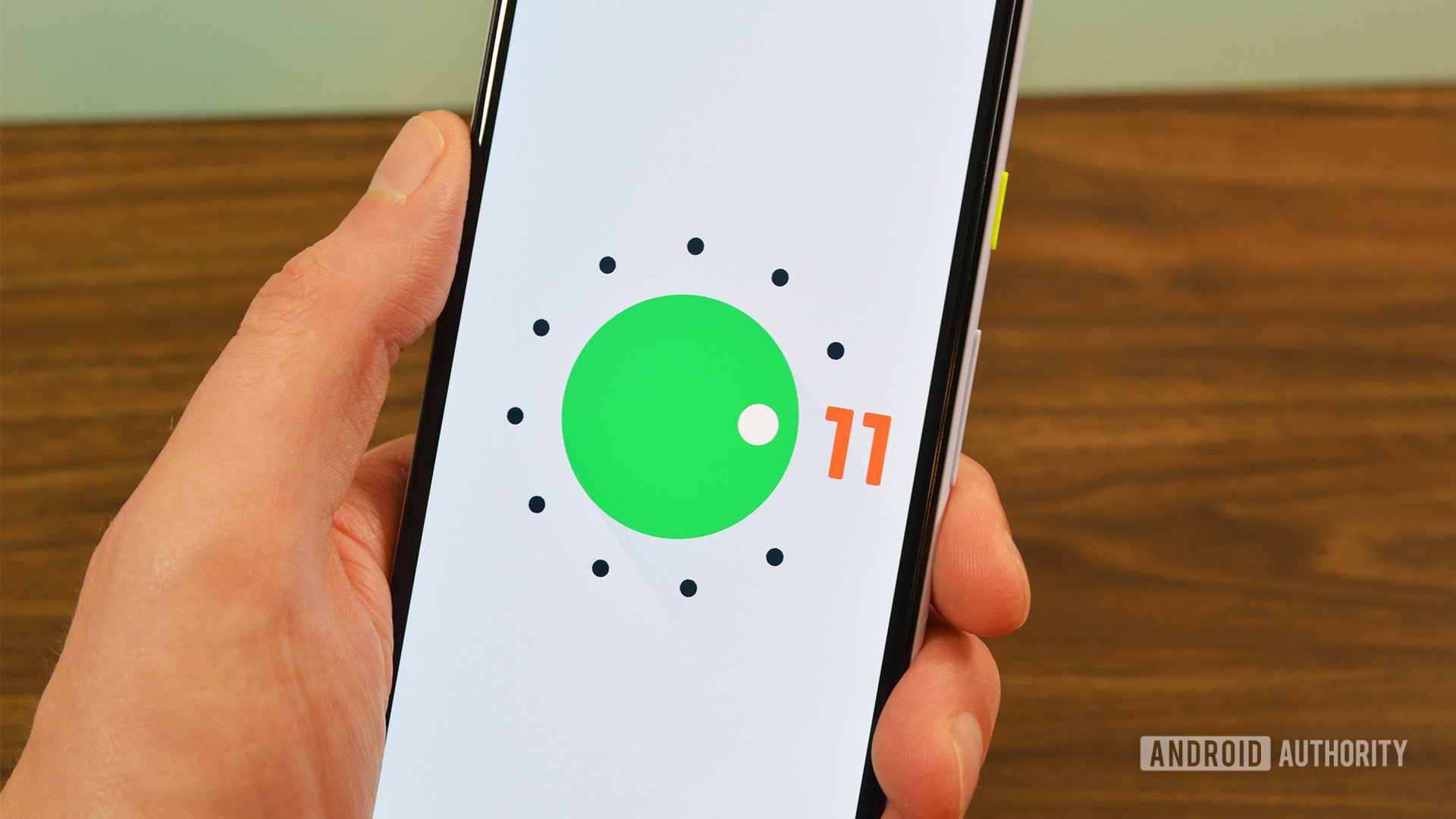Affiliate links on Android Authority may earn us a commission. Learn more.
Android 11 is just a subtle upgrade, and that's OK
Update, September 8, 2020 (02:00 PM ET): With today’s launch of the stable version of Android 11, we tweaked this post slightly to reflect new information. The original sentiment from its original publish date of June 10, though, is unchanged.
Today, Google released a stable version of Android 11. We’ve seen several developer previews and betas since February, but today marks the official rollout of the final product.
With the stable version of the operating system on our phones, we know exactly what Android 11 looks and feels like. Unfortunately, if you were looking forward to a drastic overhaul that would operate in completely different ways as compared to other versions of Android, you’re going to be very disappointed.
Truth be told, Android 11 feels a lot like Android 10, which in turn felt a lot like Android 9 Pie. In fact, it’s been years since Android saw the kind of redesigns we witnessed in its early days, which might make the OS feel a little…well…boring.
I would argue that Android 11 seeming lackluster is actually a really good thing. It means that the operating system has matured to the point where stuff mostly works the way we want it to and all Google needs to focus on is subtle refinements.
Android changed a whole lot in its early days

There have been 18 major versions of Android so far. At first, every new API version/dessert flavor looked radically different from the prior version. Take a look above at an old graphic we used to promote a comparison between Android 2.3 Gingerbread and Android 4.0 Ice Cream Sandwich. Just the home screens were incredibly different, to say nothing about the app drawers, notification shades, settings pages, etc.
Those two versions of Android came out within one year of each other. One year!
Now, look at the differences between Android 9 Pie and Android 11, which are separated by nearly two years:
Obviously, there are some differences there, but the overall design aesthetic remains unchanged. The icons, Google Search bar, weather widget, and even fonts are all the same.
I’m not going to go into every facet of the two versions here, but trust me when I say that the app drawers, notification shades, and other aspects of Android are all also remarkably similar across Pie and Android 11.
Related: The most notable new Android 11 features we’ve found so far
The difference between the early days of Android and now is that Google has settled on what Android should be. It’s taken a long time to get there, but it’s figured out how best to present the operating system to the user. There’s simply no need for it to go back to the drawing board each year and wildly revamp what Android looks like.
Instead, Google is now focusing on the minutiae of making Android better and more user-friendly. It’s not exciting, but it’s essential.
Android 11: The good kind of boring

The trade-off here is that Android 11 won’t seem nearly as new and fresh as Android 4.4 KitKat felt. Long-time Android fans might call that boring, and they wouldn’t be wrong.
However, a boring operating system is actually what you should want. Remember how “boring” Windows XP felt after years of using it? Well, Microsoft tried to change things up a whole lot with Windows Vista, which people really didn’t like. In response, the company made Windows 7, which is essentially just a glossier, better version of Windows XP. We got bored with Windows 7 and Microsoft tried again to reinvent things with Windows 8, which people also hated. Now, we have Windows 10, which is a glossier, better version of Windows 7.
Remember when Microsoft tried to reinvent the 'boring' Windows 7? Yeah, we all remember how that turned out...
The reason there was so much backlash for Windows Vista and Windows 8 is because Windows is a mature operating system — it’s been around long enough that people know how to use it and expect it to look and function in certain ways. Too much change of a mature OS is bad, no matter how “boring” it might be.
That’s where Android is right now, and Android 11 is proof that Google understands that. Google is smart enough to know that a wild revamp of Android at this stage would probably face more backlash than anything else.
So don’t lament that Android 11 isn’t a shiny new experience for you to get hyped on. Instead, be content with the idea that Android is how it is, and it will likely be this way for a long time. That’s a good thing.